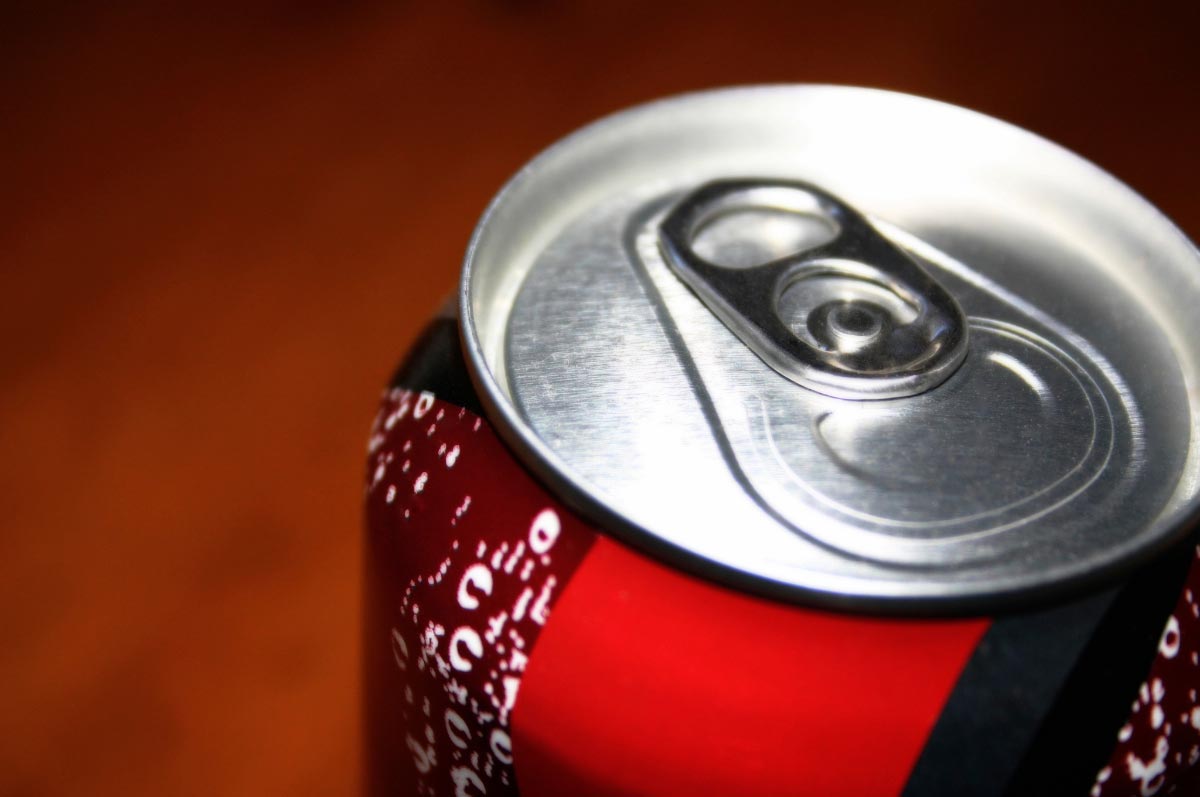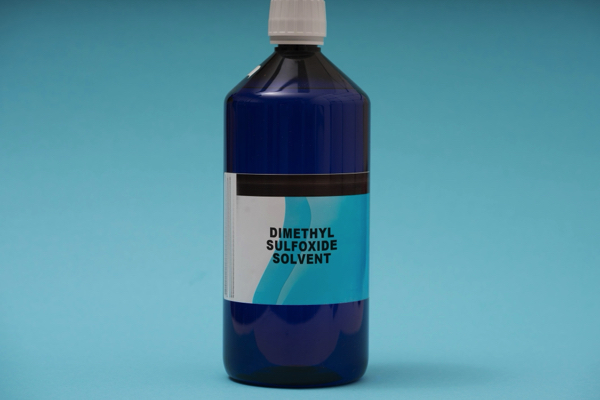Study: Banned herbicide DIQUAT wreaking havoc on gut health
06/12/2025 / By Ava Grace

- Once marketed as a “safer” herbicide alternative, diquat is now linked to severe gut barrier damage, contributing to autoimmune disorders and chronic illnesses, per a study in Frontiers in Pharmacology.
- Diquat floods intestinal cells with destructive molecules (ROS), dismantling key proteins (ZO-1, occludin, claudin-1) that maintain the gut lining, leading to toxin leakage and systemic inflammation.
- Beyond gut damage, diquat triggers a “gut-organ axis” effect – shrinking nutrient-absorbing villi, killing beneficial bacteria (e.g., Lactobacillus) and disrupting metabolites critical for gut repair, harming kidneys, liver and lungs.
- Despite bans in the EU and U.K., the U.S. EPA still permits diquat use, prioritizing agribusiness over public health, while developing nations (e.g., Brazil) face high exposure risks.
- While compounds like resveratrol, probiotics and taurine may aid gut repair, experts warn that without a ban, diquat’s cumulative low-dose exposure will continue eroding health – highlighting broader regulatory negligence.
For decades, chronic illnesses once considered rare – autoimmune disorders, inflammatory conditions and gut health crises – have surged inexplicably. Scientists now point to an alarming culprit.
Diquat, a herbicide marketed as a “safer” alternative to its toxic cousins, has now been exposed as a stealth destroyer of the human gut barrier. A groundbreaking study published in Frontiers in Pharmacology last month reveals that this chemical systematically dismantles the body’s first line of defense against disease. While diquat is banned across Europe, it is still widely used in the U.S. and exported to developing nations.
The gut lining is astonishingly fragile: Just one cell thick, a microscopic shield separating the bloodstream from toxins, bacteria and undigested food. Proteins like ZO-1, occludin and claudin-1 act as molecular glue, holding this barrier together. When they fail, the body’s defenses collapse.
Diquat floods intestinal cells with reactive oxygen species (ROS), destructive molecules that blast apart these critical proteins. Once breached, the gut leaks toxins into the bloodstream – triggering chronic inflammation, autoimmune reactions and organ damage.
The herbicide’s damage doesn’t stop at the gut. The study revealed a terrifying “gut-organ axis,” where intestinal damage cascades into kidney failure, liver disease and lung dysfunction. The researchers also found that diquat:
- Shrinks nutrient-absorbing villi, starving the body of essential vitamins.
- Wipes out beneficial bacteria like Lactobacillus, crippling immune function.
- Disrupts microbial metabolites, depriving the body of compounds like butyrate, which heals the gut lining.
Worse, diquat persists in soil and water for weeks, infiltrating food chains and drinking supplies. Unlike acute poisoning, its real danger lies in cumulative, low-dose exposure – the kind regulators routinely dismiss.
Widely banned diquat still used in the United States
The pesticide industry has long played a dangerous bait-and-switch. When paraquat – a notorious herbicide linked to Parkinson’s disease – faced global bans, chemical giants pivoted to diquat, touting it as a responsible substitute. Farmers adopted it, regulators rubber-stamped it and water management agencies sprayed it liberally.
But the Frontiers in Pharmacology study proves diquat isn’t safer – it’s just more insidious. Instead of causing immediate harm, it wages a slow, invisible war on the gut, the foundation of human immunity. (Related: Pesticide “Diquat” approved only in USA INJURES LIVER and KIDNEYS while destroying good gut bacteria – study reveals shocking harm to humans.)
While the EU, U.K. and Switzerland banned diquat over health and environmental risks, the U.S. Environmental Protection Agency still permits it on crops like potatoes, cotton and sugarcane. It’s also exported to Brazil where farmers, often without protective gear, use it heavily since paraquat’s 2020 ban. Critics accuse U.S. regulators of prioritizing agribusiness profits over public health, mirroring past failures with glyphosate and atrazine.
The damage isn’t irreversible, but “eat clean and exercise” isn’t enough. Researchers suggest targeted strategies:
- Resveratrol (found in red wine) activates antioxidant pathways to repair gut proteins.
- Specific probiotics (Pediococcus pentosaceus, Lactobacillus) rebuild decimated bacteria.
- Taurine and stevioside (from stevia) reinforce the gut barrier and reduce inflammation.
While these strategies help address gut damage cased by diquat, these are still band-aids on a bullet wound. Without a ban, the herbicide will keep eroding health silently. Paraquat’s link to Parkinson’s took decades to acknowledge; how long will it take before diquat’s toll becomes undeniable?
Chemicals.news has more similar stories.
Watch the Health Ranger Mike Adams sharing how to avoid GMOs and toxic herbicides.
This video is from the Natural News channel on Brighteon.com.
More related stories:
Vast quantities of crops dumped with cancer-causing glyphosate right before harvest.
Bayer facing long line-up of new Roundup trials as cancer takes toll.
Common herbicides linked to diminished brain function in young adults.
Sources include:
Submit a correction >>
Tagged Under:
agriculture, autoimmune disease, banned, chemical violence, chemicals, chronic diseases, Dangerous, diquat, environment, gut health, gut lining, health science, herbicide, inflammation, poison, reactive oxygen species, research, toxic chemicals, toxins
This article may contain statements that reflect the opinion of the author





















